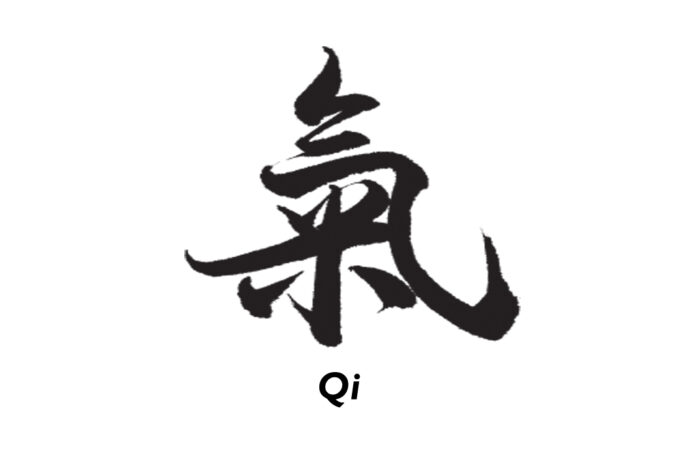By Simon Kim, Professor, South Baylo University
In the first chapter of the series, I argued that in order for Asian medicine to be established as a recognized medicine, the existence of Qi must first be approved within the medical community of the 21st century. Only after the philosophical argument of Qi realism should be fulfilled, the Jingqi (精氣) theory could become the basic worldview of Asian medicine. What should be followed by this philosophical work is the confirmation of life-laden Jingqi world. Only then will the theories of Asian medicine such as Jingluo (經絡, Meridian), Jangbu (臟腑, organs) and boncho (本草, herbal medicine) doctrines be accepted.
In this way, practitioners of Eastern medicine can claim the philosophical foundation of the Eastern Organic Medicine; Yin Yang Wuxing is the basic principle of the EOM as well as the essential principle of cosmic nature and myriad things including Life Jingqi (生命精氣). Compared with the Mechanistic Material worldview (MMW), the Organic Qi worldview (OQW) is excellent for interpreting nature and human, especially the human body, disease and healing.
|
MMW (mechanistic material world) |
VS
|
OQW (organic qi world) |
|
Matter (物質) |
life event 精氣神 |
|
|
Notion of stasis |
notion of process |
|
|
Quantity image of nature |
quality image of nature |
|
|
Primary quality |
second, third quality (sense and feeling) |
|
|
Mechanics (4 energies in nature) |
organic interrelations (Yinyang Wuxing) |
|
|
Causality |
correlative, correspond 感應 |
|
|
Reductionism |
pan-experientialism |
The reason why Whitehead criticized the modern materialistic worldview is that life and spirit are wholly excluded from the world. The idea that the nature we experience is filled with quantitative substances of only primary nature is contrary to common sense. Let’s think about it. Would acupuncture be effective for things that consist only of material substances, such as cyborgs and robots? If Artificial Intelligence breaks, we can just leave it to the technician. However, what if human gets a disease?
Whitehead says that prime work of philosophy is to figure out what metaphysical presupposition is given. “One genus of facts which constitutes the field of some special science requires some common metaphysical presupposition respecting the universe.” <Process and Reality: p.11>








































